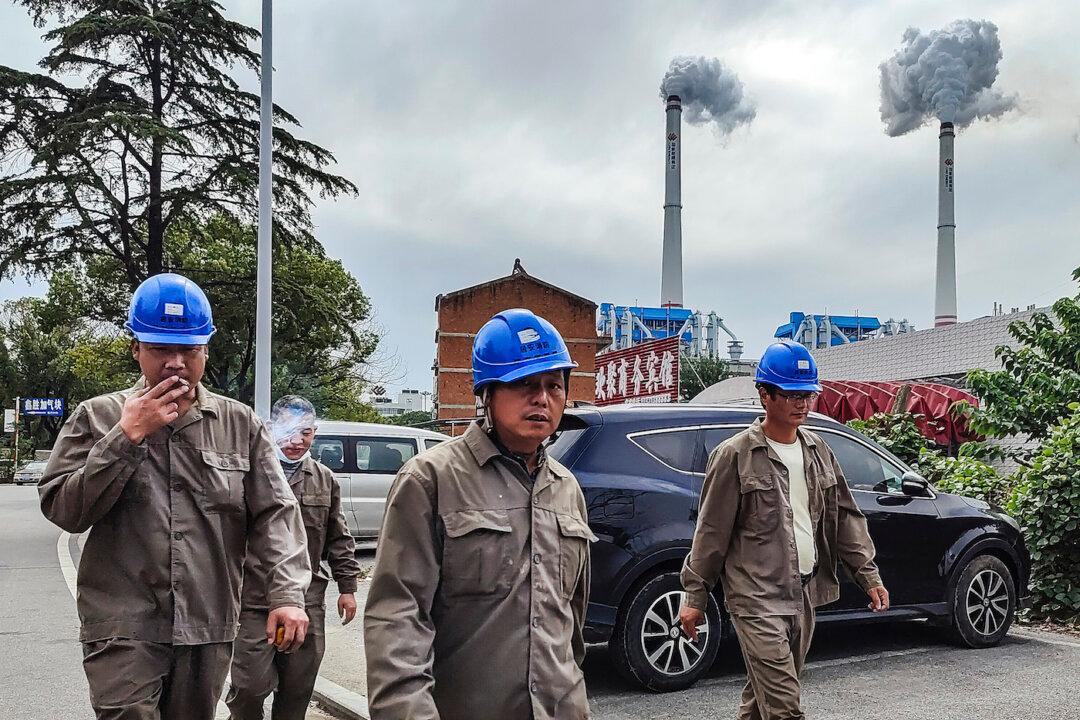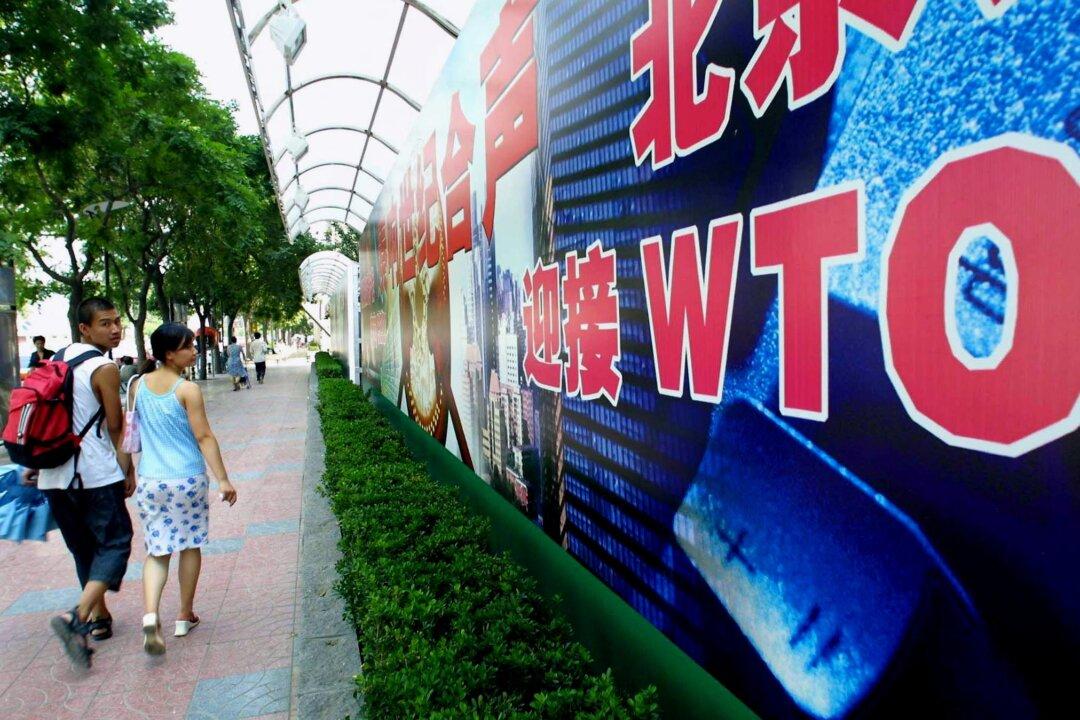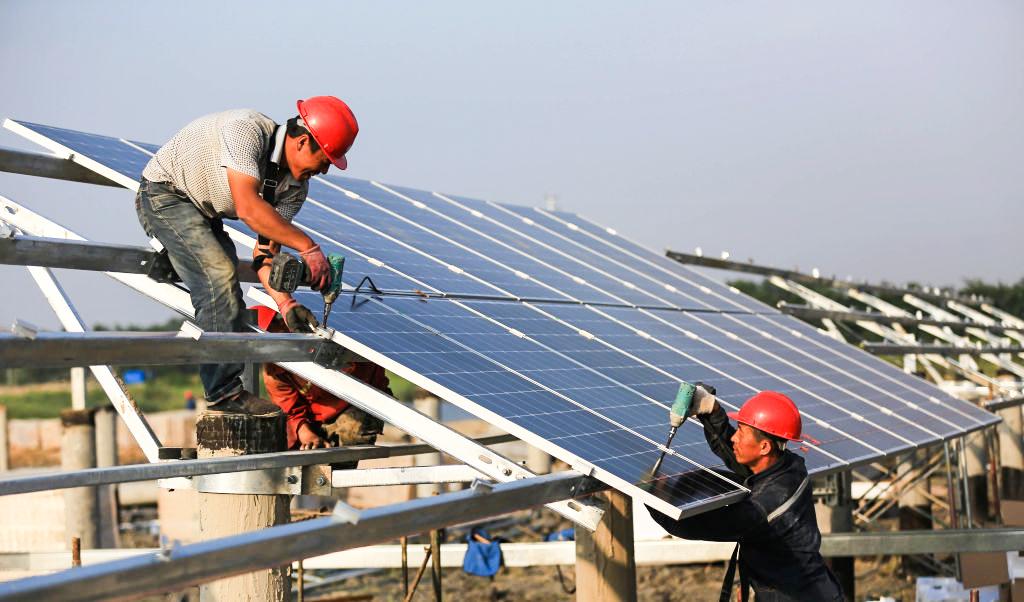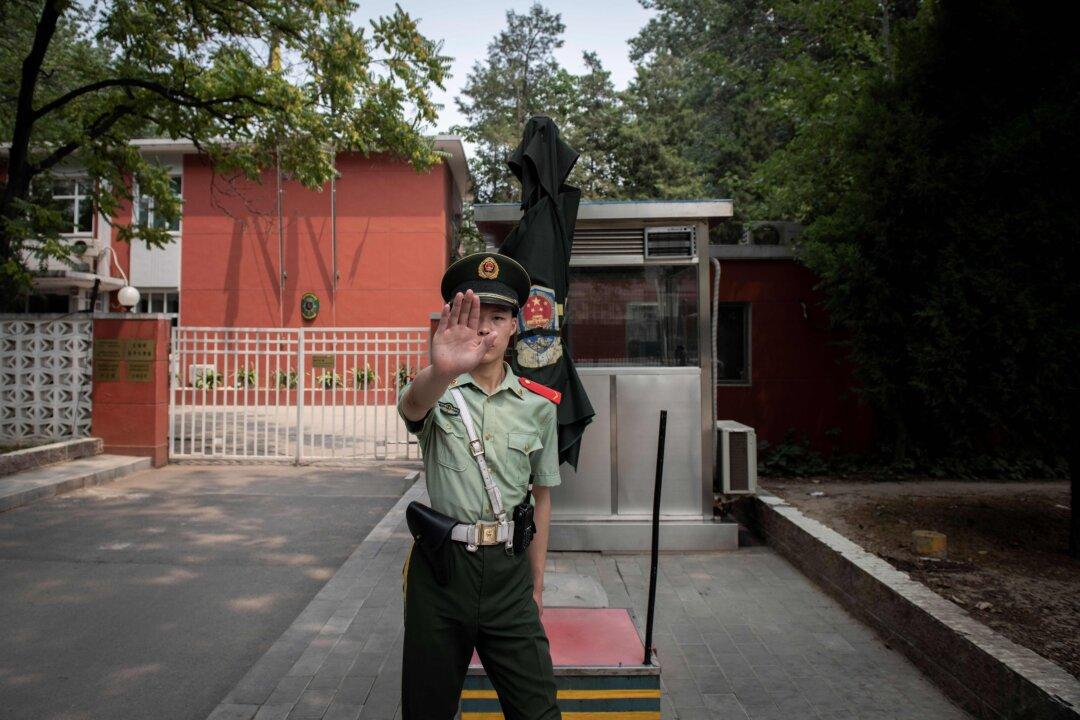Commentary
The exposure of environmental, social, and governance (ESG) investors to Russia has already proved something of an (expensive) embarrassment. In hindsight, ESG investors should have held Russia to the same standard as its companies, but it’s not too late to apply that lesson to other countries.




